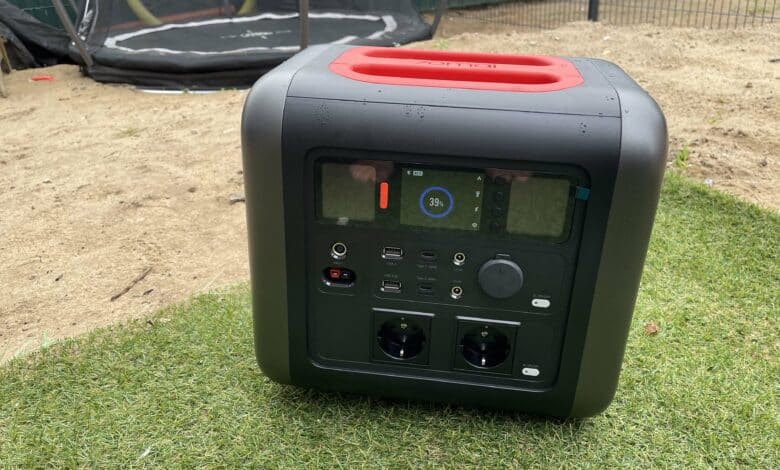
The triumph of power stations is unstoppable. This is not surprising considering the many different applications of the practical mobile energy storage devices. Today we want to take a look at a manufacturer that is rather unknown in our climes – 70mai. In the 70mai Tera 1000 test, I put a portable power plant through its paces, which not only wants to convince with a high functionality. On top of that, this model trumps with a sensational price-performance ratio. Equipped with a capacity of 1000 Wh, a 1200 W inverter and various ports, the portable power station from the Xiaomi subsidiary has everything a good power station should offer, at least on paper. Will this also prove to be true in practice? We take a look at it!
Technical data
A look at the data sheet of the power station let my expectations rise in the run-up to the test quite upwards. Since manufacturer 70mai has so far been able to make a name for itself in the technology world more with dashcams, it is now entering new territory, so to speak, with its Tera 1000. A total of 10 ports for electronic devices, a capacity of 1000 watts as well as features like a fast charging function give us hope for a really good all-rounder. We have summarized the technical data for you in a table.
| Battery capacity | 1043.9 Wh |
| Constant power | 1200 W |
| Transient peak power | 2400 W |
| Charging time AC (fast charging mode) | approx. 2 hours |
| Charge cycles | 70% total capacity after 1000 cycles |
| Solar Input | max. 200 W (approx. 6 hours charging time) |
| Dimensions | 300 x 225 x 287 mm |
| Weight | 12.5 kg |
| Connections | 2x USB-A (QuickCharge 3.0), 2x USB-C (1x 18 W, 1x 60 W), 2x DC (13.6 V), 1x car output (13.6 V), 2x Schuko sockets |
| Operation | Control unit on the device or app operation |
| Price | $1,099.00 |
Scope of delivery
- Power station
- AC power cable
- Car charging cable
- Cable bag
70mai Tera 1000 review: design and finish
When it comes to design, 70mai certainly dares to go the extra mile. For example, the energy storage device cannot be recognized as such at first glance. The power station rather looks like a boombox. This is not only due to the curved lines in the design. The compact dimensions of 30 x 23 x 30 cm also help to strengthen the impression. A certain retro charm is provided by the practical large carrying handle. This comes in eye-catching orange and fits perfectly in the hand thanks to its ergonomic design and non-slip silicone. The 12.5 kg light power station can thus be carried comfortably from A to B – even over longer distances.
Unlike the Jackery Explorer 1000 Pro (test), the handle does not fold in here. However, this does not bother at all in practice. After all, 70mai has embedded the practical handle in the top of the case. So you can put things on it, which also makes it space-saving in the trunk of your car. A closer look reveals that 70mai has put a lot of emphasis on good workmanship. There is no creaking or cracking at any point. The choice of materials also promises durability. A resistant steel frame forms the basis of the power station.
While there are ventilation grilles on the side, you’ll find ports for your electronic devices and charging inputs on the front again. A color TFT display sits above these ports. Here you can not only operate the power station. The screen also displays valuable status information. In addition to the battery capacity, input and output power can also be read. The 70mai leaves a good impression in terms of design and build quality and doesn’t have to hide behind the partly much more expensive competition.
70mai Tera 1000 Test: Connections
The port diversity of the power station is quite impressive. Here you can charge a total of ten devices simultaneously. Included are 2x USB-A (QuickCharge 3.0), 2x USB-C (1x 60 W, 1x 18 W), 2x DC, 1x car port (10 A with 13.6 V) and 2x Schuko sockets. The only thing I would have liked to see more of is the sockets.
The competition proves that this is now quite commonplace in this size range. There are a total of three different options on the device for charging the energy storage. In addition to the classic AC input for charging via the household socket at the back, you’ll also find a car port as well as an Anderson port for charging via a solar panel at the front.
70mai Tera 1000 test: A real all-rounder in practice
In continuous operation, the Tera 1000 offers a constant power of 1200 W. However, the operation of more power-hungry devices is also possible – temporarily at least. Thus, the handy power station offers 2400 W in surge mode. If 70mai has its way, the handy power station should be ideally suited for several areas of application. Campers or van-lifers will probably most often reach for models of this size. After all, the low weight ensures that you can always and everywhere supply your electronic devices with the necessary power. Whether it’s a toaster, hair dryer or grill – you don’t have to do without any comfort even on a camping vacation. Thanks to pass-through technology, you can also permanently supply the power station with the energy of your vehicle.
However, the power station also proves to be a practical companion in your own four walls. Manufacturer 70mai sees the Powerstation as a backup, so to speak, in the event of a power outage. It’s certainly better than smelly, diesel-powered emergency generators. On top of that, the Powerstation’s robust design makes it the perfect power supplier for DIY kings. Especially for projects in the garden, you can conveniently use the power station instead of a cable drum for drills, flexes and the like. In this way, you can avoid the annoying tangle of cables that can sometimes get on your nerves. The Powerstation’s practical LED lights also come into their own outdoors. These illuminate not only construction site, but if necessary also campsite or seating area in front of the van.
70mai Tera 1000 Test: Powerful Ventilation System
What struck me in practice exceedingly positive are the quiet fans. These are pleasantly quiet even during fast charging or high power output. This can be attributed to the special “anti-overheating design” that the manufacturer gives its compact energy storage device.
As the first powerstation on the market, it comes with three built-in ventilation chambers. On top of that, 70mai uses a heat sink made of die-cast aluminum. This ensures effective heat dissipation and results in the Tera 1000 producing up to 50% less heat than the competition. As a result, the fans have less to do and operate pleasingly quietly.
70mai Tera 1000 review: Outdated lithium-ion technology
What pisses me off are the installed battery cells. Here, 70mai relies on classic lithium-ion batteries. Thus, the company opts for a now outdated technology in the field of power stations. LiFePO4 technology has a clear advantage. After all, it has a much longer service life and also offers greater safety than lithium-ion batteries. In practice, this may only be noticeable to the fewest. Nevertheless, it is questionable from an ecological point of view. For example, according to the manufacturer, the Tera 1000 should be able to withstand 1000 charging cycles until the total capacity drops to 70%.
If you charge the Powerstation every day, you will then have to reckon with a significant drop in the battery’s endurance after not even three years. As a result, you will quickly have to buy a new Powerstation. That is not sustainable. The EcoFlow Delta 2 (test), for example, proves how it can be done better. Thanks to LiFePO4 battery cells, its total capacity is still 80% after 3000 charge cycles. So it is more than three times as durable as the Tera 1000. At least 70mai relies on a reliable Battery Management System (BMS) here. This provides additional security and, supported by an algorithm, takes care that the device does not overheat, for example.
70mai Tera 1000 test: practical app operation
The Tera 1000 has a handy display that lets you see the most important status information. But sometimes it’s just more convenient to access the device remotely. Fortunately, 70mai builds a Bluetooth interface into its power station, allowing for app control. The smartphone application scores with a good overview and provides an additional ease of use.
Here you can view the most important parameters like battery level and performance data via smartphone. I also find the information about how much CO² you have already saved really cool. Especially in combination with a solar panel, you can significantly reduce your carbon footprint with the help of a power station. On top of that, important settings can be made by remote control.
70mai Tera 1000 test: charging via socket, car or solar
Sooner or later, the almost 1000 Wh battery of the power station is empty. Then it is a matter of bringing it back to life. The Tera 1000 can be charged in three different ways.
Household socket
Firstly, there is charging via the household socket. Here it is noticeable that 70mai relies on a power cable without an external power supply. Instead, this is located in the power station itself.
This makes for uncomplicated transport. Via the wall socket, the mobile energy storage unit needs 2 hours for a complete charge. That may not be blazingly fast, but should certainly be enough for most.
Car connection
You have to be considerably more patient when charging via a car. Here, it takes just under 15 hours until the battery of the power station is fully charged again.
Solar panels
If you want to operate your power station completely CO²-neutral, you can charge the battery with the help of solar energy. 70mai sent us the matching solar panels for the test. Their design is clearly reminiscent of the models from Jackery. This does not only apply to the color combination of black and orange.
On top of that, they feature a classic magnetic mechanism making them convenient to fold and carry afterwards. Combined with a low weight of just 5 kg, this makes them the perfect companion for the Tera 1000.
If the weather plays along and the sun shines extensively, the panel is then set up in a flash. You just have to unfold it and align it according to the sun. The solar panel brings it to a maximum power of good 110 W. The power station is capable of a power consumption of up to 200 W via the solar input. Thus, a complete charge lasts a total of 6 hours in bright sunshine.
Conclusion
The hobbyhorse of the 70mai Tera 1000 is undoubtedly the price-performance ratio. Thus, you get a rock-solid power station on offer here, which not only scores with a chic, restrained design and a good build quality. It also scores in one of the core disciplines – connectivity. On top of that, the easily recognizable display and the matching app ensure high operating convenience. In my opinion, the cooling system is also a real highlight. Here, the Tera 1000 has the edge over many competing models. However, the whole thing also has its downsides. This already starts with the performance. The competition sometimes offers significantly more in terms of both continuous power and temporary peak power.
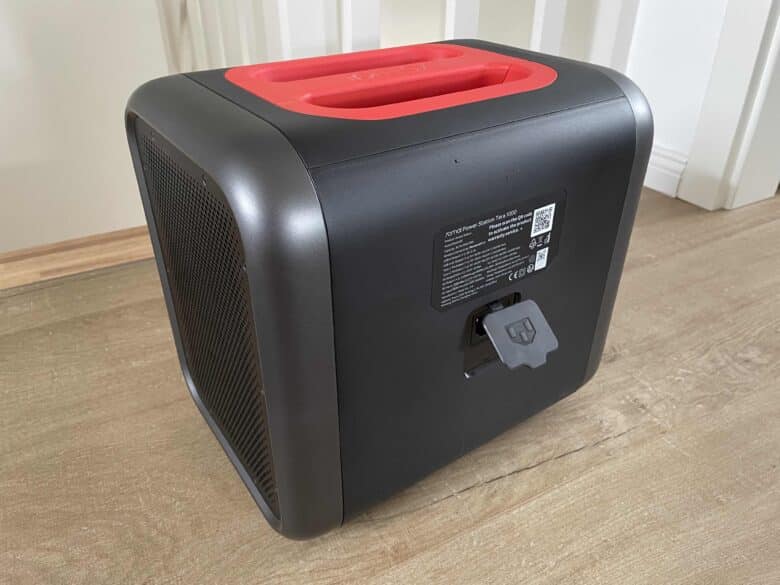
The charging times may also be good, but compared to other models of the same size, the Tera 1000 has to admit defeat as well. What bothers me the most is the choice of lithium-ion batteries. If the 70mai Tera 1000 came with future-proof LiFePO4 battery cells, the buyer would enjoy the device much longer. In the end, there is no getting around the question of whether the Tera 1000 really has to be called a bargain when some of the competition is up to three times longer-lived. However, these are thoughts that only power users should think about. Those who charge their power station once a week at most will also enjoy the Tera 1000 for many years.
70mai Tera 1000
Workmanship & design
Usability
Performance
Value for money
85/100
The Tera 1000 lags behind the competition in some disciplines, but still scores with a good price-performance ratio.
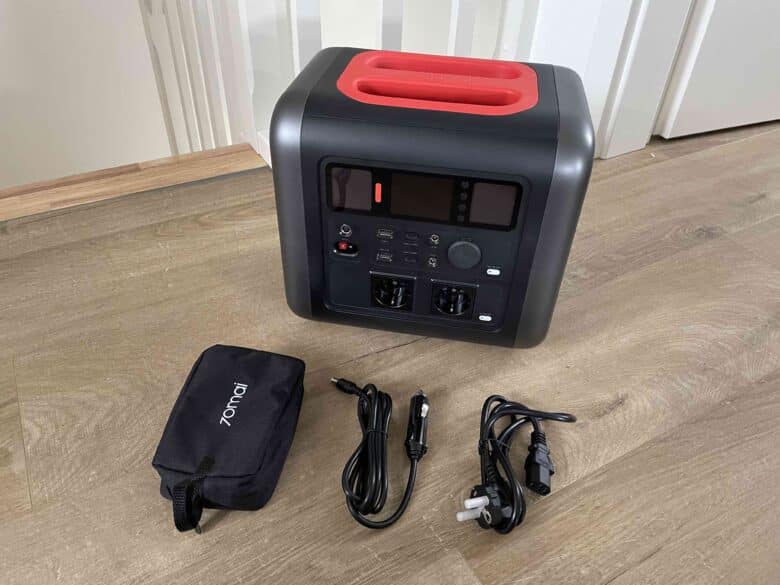
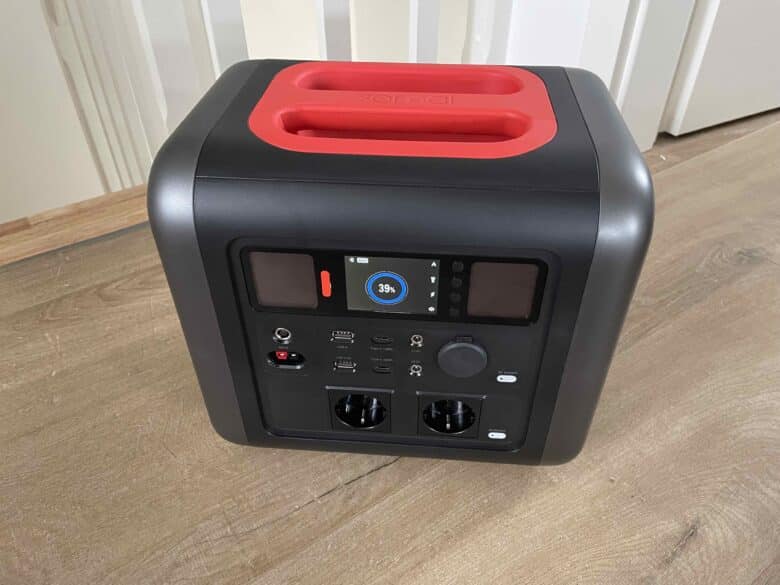
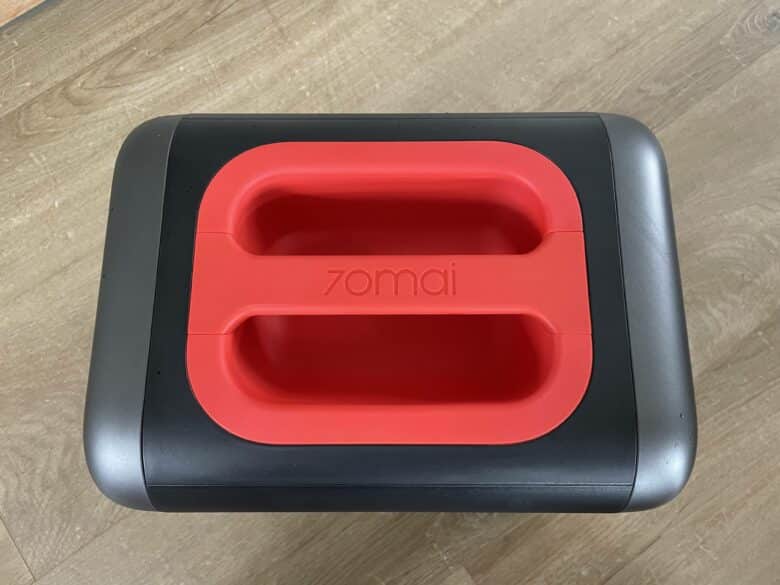
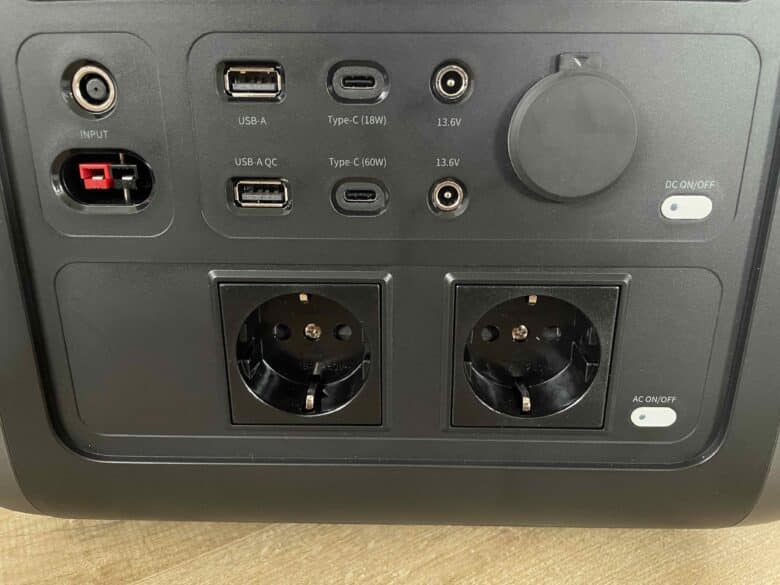
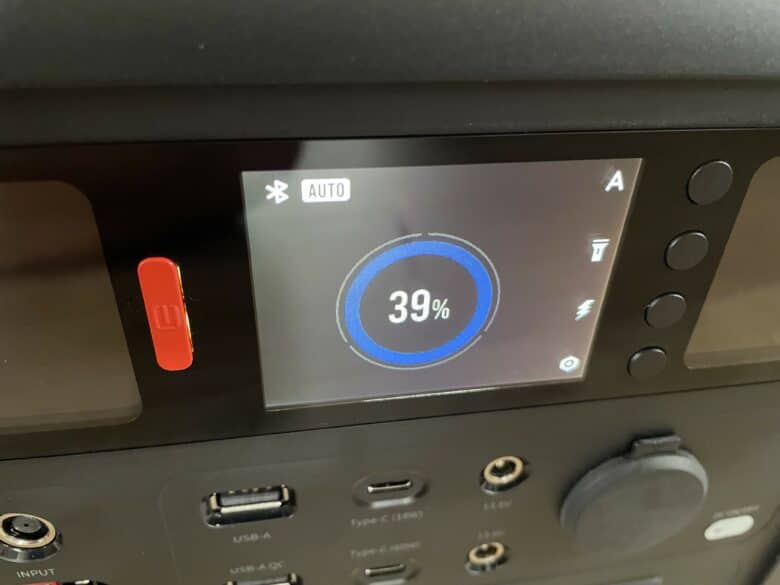
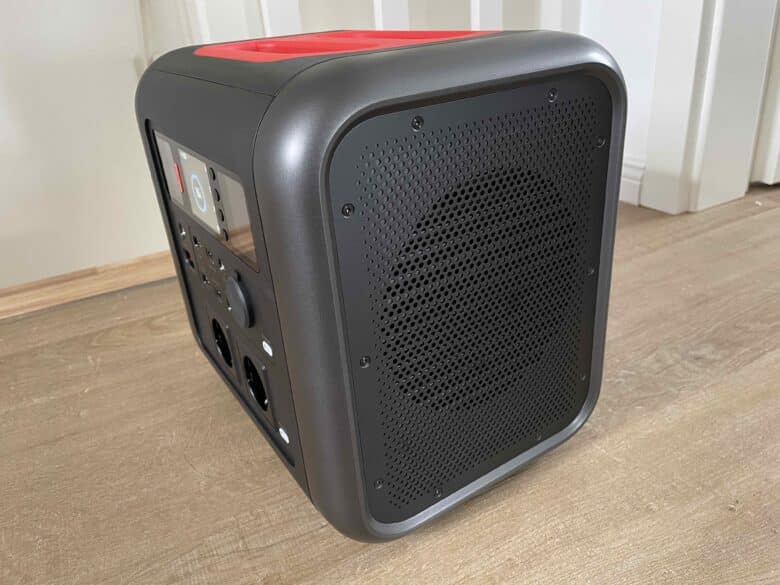
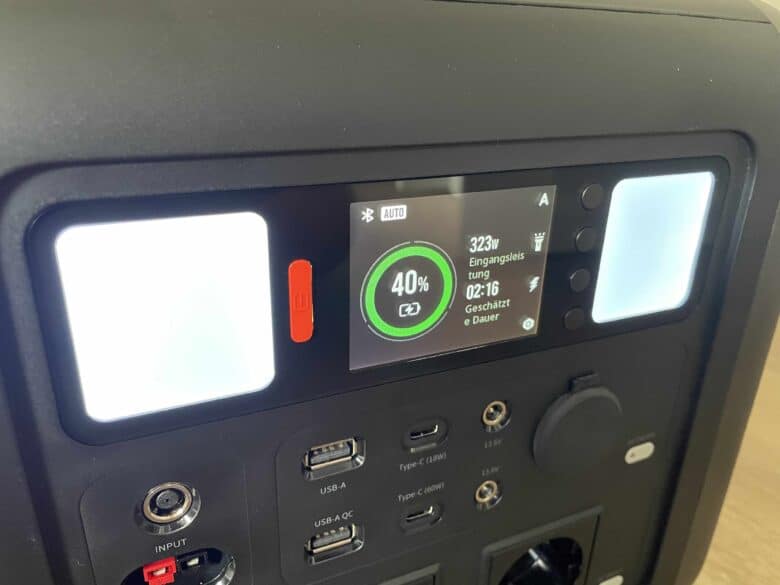

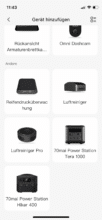


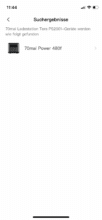
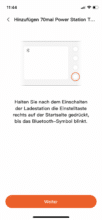


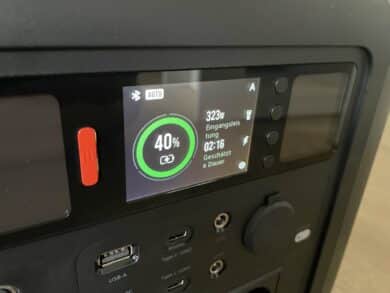
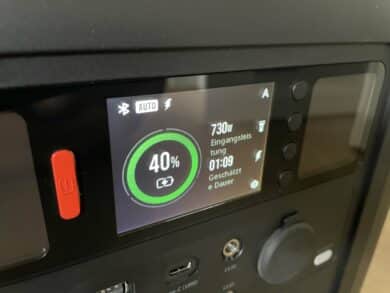
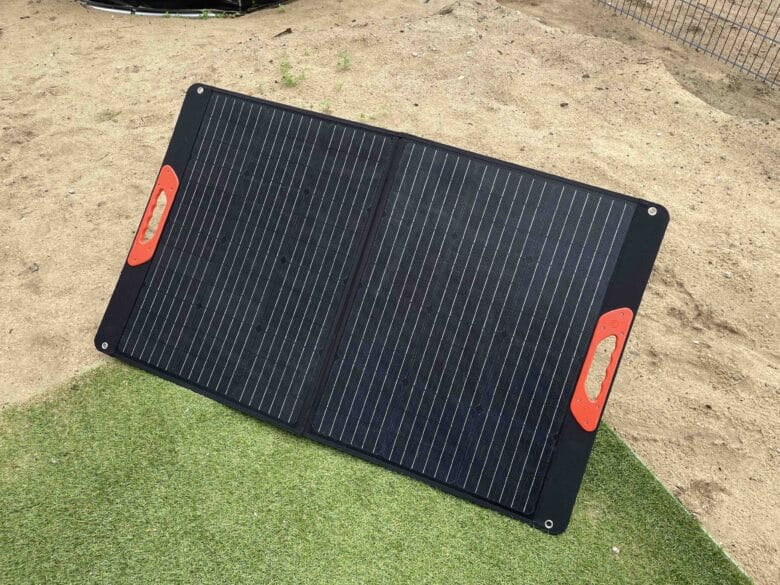
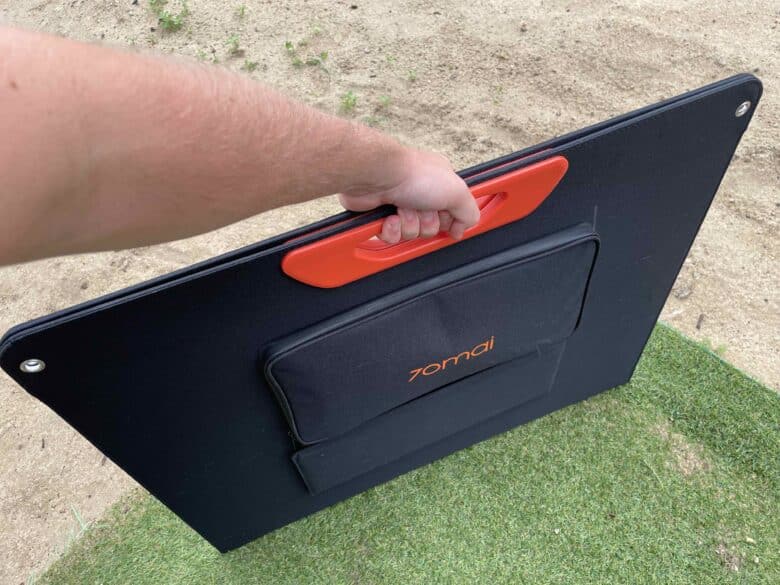

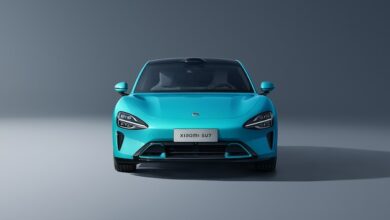

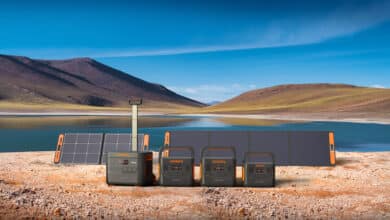

No replies yet
Neue Antworten laden...
Gehört zum Inventar
Beteilige dich an der Diskussion in der Basic Tutorials Community →